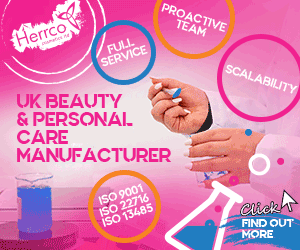Consumer goods company Unilever is helping pioneer a new recycling method for its Lynx and Tresemmé brands.
A new pigment used in its high density polyethylene (HDPE) bottles are said to be more detectable by recycling scanners and will help with the sorting process.
This, Unilever claims, will encourage 2,500 more tonnes of plastic bottles - the equivalent of 220 London buses - to be recycled each year.
Currently, standard black plastic bottles go undetected in recycling plants due to the infra-red light, which is absorbed by its carbon black pigment, according to the business.
Unilever’s General Manager for UK and Ireland, Sebastian Munden, said that the firm had been working on the solution for “some time” and that it was committed to ensuring that globally all of its plastic packaging “is fully reusable, recyclable or compostable by 2025”.
He added: “For the UK and Ireland we want to significantly accelerate this and we’re proud our innovation will help us towards achieving our aim, as well as making a significant contribution towards the UK Plastic Pact targets.
“We’d like to thank our industry partners for their part in working with us to make this possible.”
The new partners include Recoup, Veolia and Wrap, which manages the UK Plastic Pact for Unilever.
The bottles are set to be phased in during 2019.
This includes Ren, Love Beauty and Planet, Dove, Rexona and Axe.




